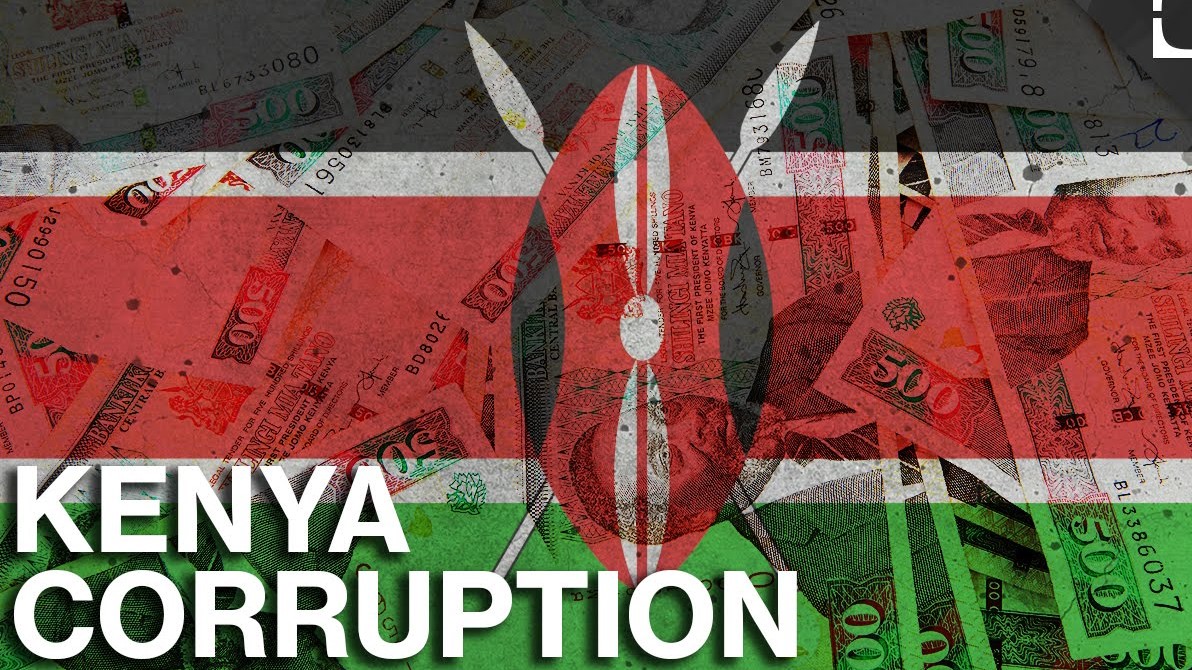A South African court last Friday denied President Jacob Zuma’s appeal of a prior court ruling that he should face nearly 800 corruption charges.
Judge Aubrey Ledwaba stated “
The South African president has been embroiled in legal trouble for the past several months. Zuma evaded impeachment in April after the ANC reaffirmed its support for the president. The move to impeach Zuma came from opposition leaders after the Constitutional Court ruled in March that he had ignored the order of the Public Protector to personally repay the amounts determined by the National Treasury, as they relate to the “non-security” upgrades to his private residence.
Zuma has been at the center of political controversy for years. Zuma was ousted as the country’s deputy president in 2005 after an aide was convicted of corruption. He was also charged with rape, but he was ultimately acquitted and reinstated as ANC deputy vice president.
In July 2008 the South African Constitutional Court rejected a motion by Zuma to exclude evidence from the corruption trial.
Zuma had argued that evidence seized in 2005 raids by the Directorate of Special Investigations should be thrown out because the raids violated his rights to privacy and a fair trial.
The court upheld the warrants used in the raids, confirming a November 2007 decision by the Supreme Court of Appeal.
He was first charged with corruption in 2005, but those charges were later dismissed because prosecutors failed to follow proper procedures
Sources: Jurist.org








